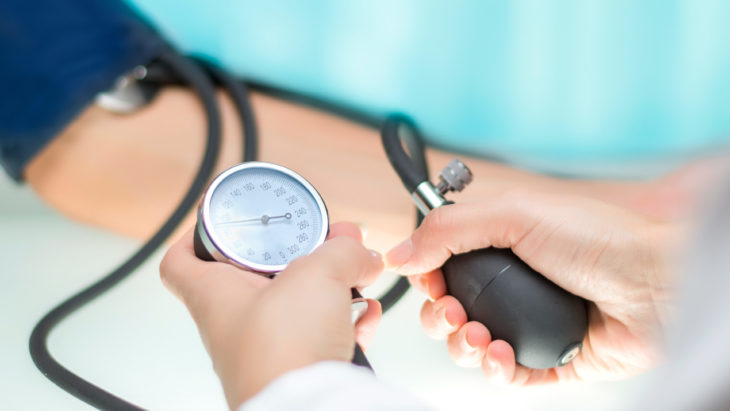Hypertension, more commonly known as high blood pressure, can lead to serious health issues. It starts to damage a person’s heart and the rest of his or her cardiovascular system. It’s important to understand the risks and know how to identify both symptoms and risk factors. Keep in mind, early diagnosis promotes the best prognosis.
Overview of Hypertension
Hypertension is a condition that occurs when blood pushes against a person’s arterial walls forcefully. It’s possible for hypertension to lead to heart disease, heart attack, and stroke. According to the CDC, approximately one in three Americans has high blood pressure, most people who have it don’t even know they have it. Often, a person doesn’t know they have it until they experience a serious complication.
Symptoms of Hypertension

Img source: aopa.org
Not everyone experiences severe headaches and nosebleeds when they first develop hypertension. Usually, this doesn’t occur until a person has an episode where their blood pressure reaches a life-threatening level. In most cases, a person doesn’t have any symptoms of hypertension.
Despite no signs of signifying hypertension in a majority of cases, certain risk factors make a person more susceptible. For instance, men are more likely to have hypertension when they’re under the age of 64. However, women are more likely to have it when they’re over the age of 65. Those who are African are more likely to have hypertension than whites, in particular, at a younger generation. Anyone who has a family member with hypertension is more at risk. Being overweight, obese, or leading a sedentary lifestyle all contribute to high blood pressure. People who chew or smoke may have damaged arterial walls that make high blood pressure a more widespread concern. Drinking too much alcohol or consuming too much salt raises your risk. Individuals with sleep apnea, diabetes, or kidney disease are more prone to hypertension.
Anybody who has risk factors of hypertension should have yearly examinations to evaluate their blood pressure level. While it’s not common in younger people, a person should get their blood pressure read every other year. At the age of 40, it’s important for both women and men to receive yearly examinations that include a blood pressure reading.

Img source: unlockfood.ca
Based on the results of an exam, a person may need lifestyles changes and a prescription to manage blood pressure levels. Fortunately, people may find high blood pressure medications online conveniently with one of the websites being Apomeds. These medications include lisinopril, enalapril, ramipril and such.
Once a person begins taking hypertension medication, it may benefit the person to monitor his or her blood pressure. It’s important to take note of any serious hypertensive events like a bloody nose or headaches because it’s possible for a medication to not adequately control a person’s condition. Sometimes, it takes multiple medications. In other cases, one medication may not work as effectively as another. It may require a physician tweaking a person’s medications in order to properly manage the condition and continuously do so.
